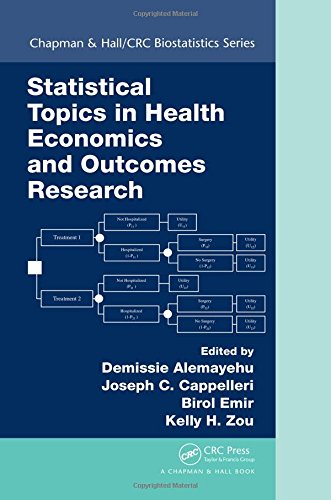

Most ebook files are in PDF format, so you can easily read them using various software such as Foxit Reader or directly on the Google Chrome browser.
Some ebook files are released by publishers in other formats such as .awz, .mobi, .epub, .fb2, etc. You may need to install specific software to read these formats on mobile/PC, such as Calibre.
Please read the tutorial at this link: https://ebookbell.com/faq
We offer FREE conversion to the popular formats you request; however, this may take some time. Therefore, right after payment, please email us, and we will try to provide the service as quickly as possible.
For some exceptional file formats or broken links (if any), please refrain from opening any disputes. Instead, email us first, and we will try to assist within a maximum of 6 hours.
EbookBell Team

5.0
18 reviewsWith ever-rising healthcare costs, evidence generation through Health Economics and Outcomes Research (HEOR) plays an increasingly important role in decision-making about the allocation of resources. Accordingly, it is now customary for health technology assessment and reimbursement agencies to request for HEOR evidence, in addition to data from clinical trials, to inform decisions about patient access to new treatment options.
While there is a great deal of literature on HEOR, there is a need for a volume that presents a coherent and unified review of the major issues that arise in application, especially from a statistical perspective. Statistical Topics in Health Economics and Outcomes Research fulfils that need by presenting an overview of the key analytical issues and best practice. Special attention is paid to key assumptions and other salient features of statistical methods customarily used in the area, and appropriate and relatively comprehensive references are made to emerging trends. The content of the book is purposefully designed to be accessible to readers with basic quantitative backgrounds, while providing an in-depth coverage of relatively complex statistical issues.
The book will make a very useful reference for researchers in the pharmaceutical industry, academia, and research institutions involved with HEOR studies. The targeted readers may include statisticians, data scientists, epidemiologists, outcomes researchers, health economists, and healthcare policy and decision-makers.